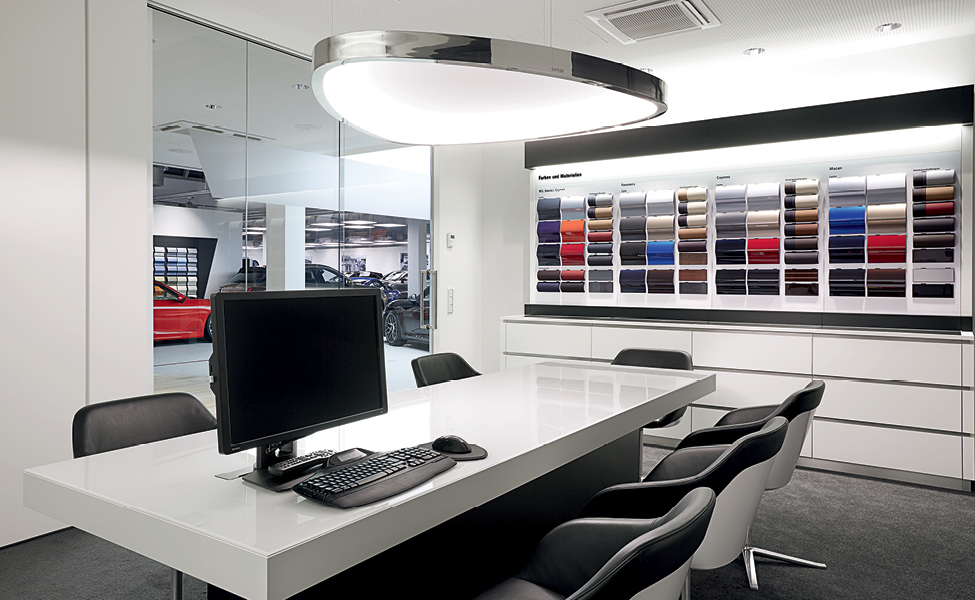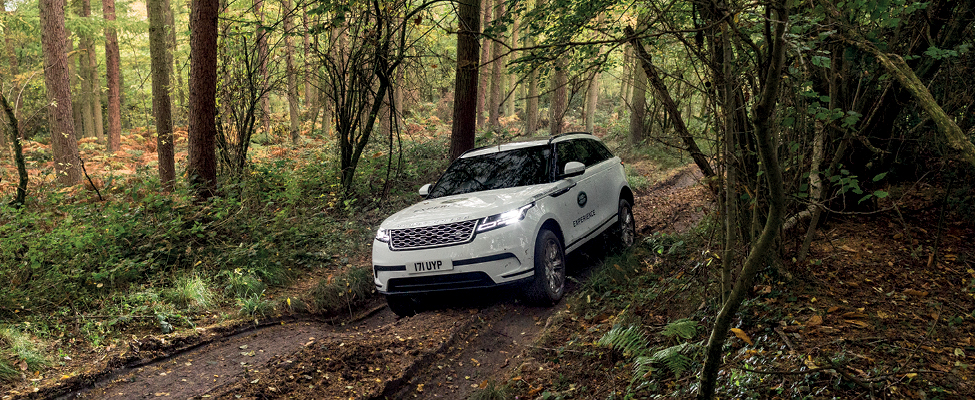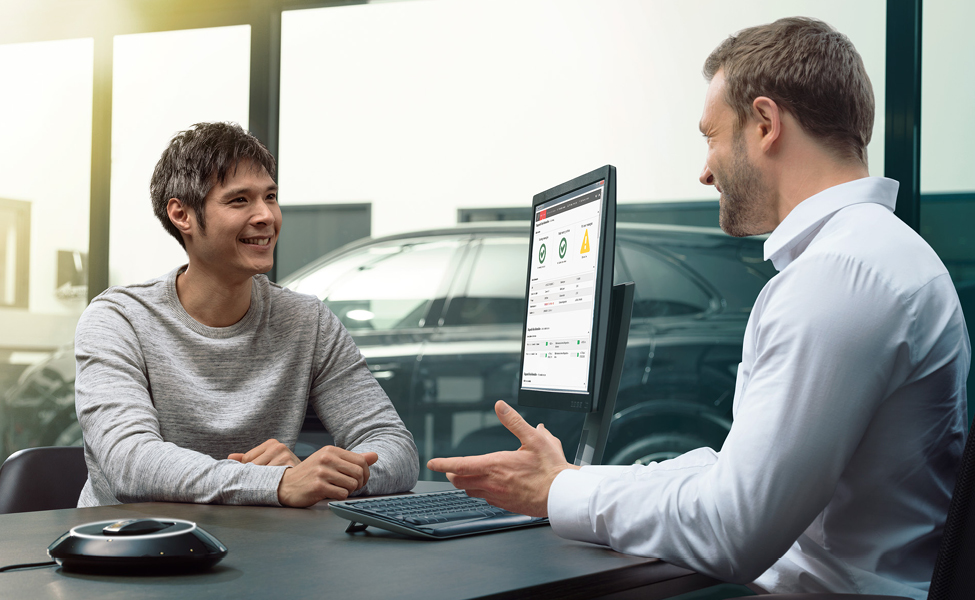Should I Lease or Buy?
In the market for a new car? The first question you might ask yourself is: “What is the average airspeed velocity of a migrating swallow?” The second question you should ask is: “Should I lease, or should I finance?”
Leasing and financing are both means of getting the car that you want on a monthly payment plan but there are several distinct differences that could affect your final decision.

The most obvious difference between leasing and financing is what happens to your vehicle once the monthly payments are finished. At the end of a lease, you can decide to buy the vehicle for its current value or drop it at the dealership, begin a new lease and drive away with another brand-new vehicle. With financing, every monthly payment builds equity in your vehicle and once your payments are complete, the vehicle belongs to you.
When you lease, you skip the perceived hassle of owning an aging vehicle. Plus, if you continue to lease, you can drive a new car every few years with all the latest tech gadgets and safety features. On the other hand, financing means: once your payments are complete, you have complete ownership allowing you to sell the vehicle or continue driving forever – the choice is yours.
Budget-wise, choosing to lease or finance will depend on your cash flow, how you use your vehicle and what you see in your future. Leasing often requires low down payments and lower monthly payments compared to financing a car with similar terms. This is because a lease accounts for depreciation meaning you’re paying a percentage of what the vehicle will cost at the end of your lease rather than the whole vehicle cost. If you need access to more cash every month, leasing may be the right option for you.

Cash Flow
Financing a vehicle usually means you’ll be making vehicle payments for longer. But, once the vehicle is paid off a significant portion of your monthly costs are gone. That said, the need for repairs will usually increase as your car gets older.
Another point to consider is what happens if your vehicle gives you any nasty surprises. A leased vehicle is generally covered by the manufacturer’s warranty period. Whereas, it is your responsibility to address any issues with a financed vehicle once the warranty expires.
Vehicle Use
How you treat your vehicle will also affect your decision because leasing a vehicle comes with mileage restrictions. Check your odometer to see if your driving habits are conducive to a lease. Keep in mind 15,000 kms is the average yearly allowance on most leases. If you find you drive substantially less, you ought to think about leasing. If you routinely cart around carpools of kids, dogs and lawn maintenance equipment, a lease may not be for you as you will be charged standard wear-and-tear fees.
Another thing to consider is if you intend to create the car of your dreams with aftermarket customizations. These options would violate the terms of your lease and are therefore not available.

What’s next?
The most important factor in your decision should be: How flexible do you need to be if your situation changes in the future? Leasing is the most convenient option if you’re only interested in driving the car for a few years. But you need to commit to those few years because you’ll pay substantially if you try to get out of the lease before the term is complete.
Financing gives you a certain amount of flexibility. For instance, if you’ve taken care of your vehicle, you can sell it and move on relatively painlessly. If you tend to drive your vehicle until the bitter end, then financing would also be a better choice.

There are pros and cons to either option but ultimately you need to consider your situation and what is best for you, your driving habits and your life. Consider vehicle’s potential value in the future, your monthly budget and how long you plan to keep it.






